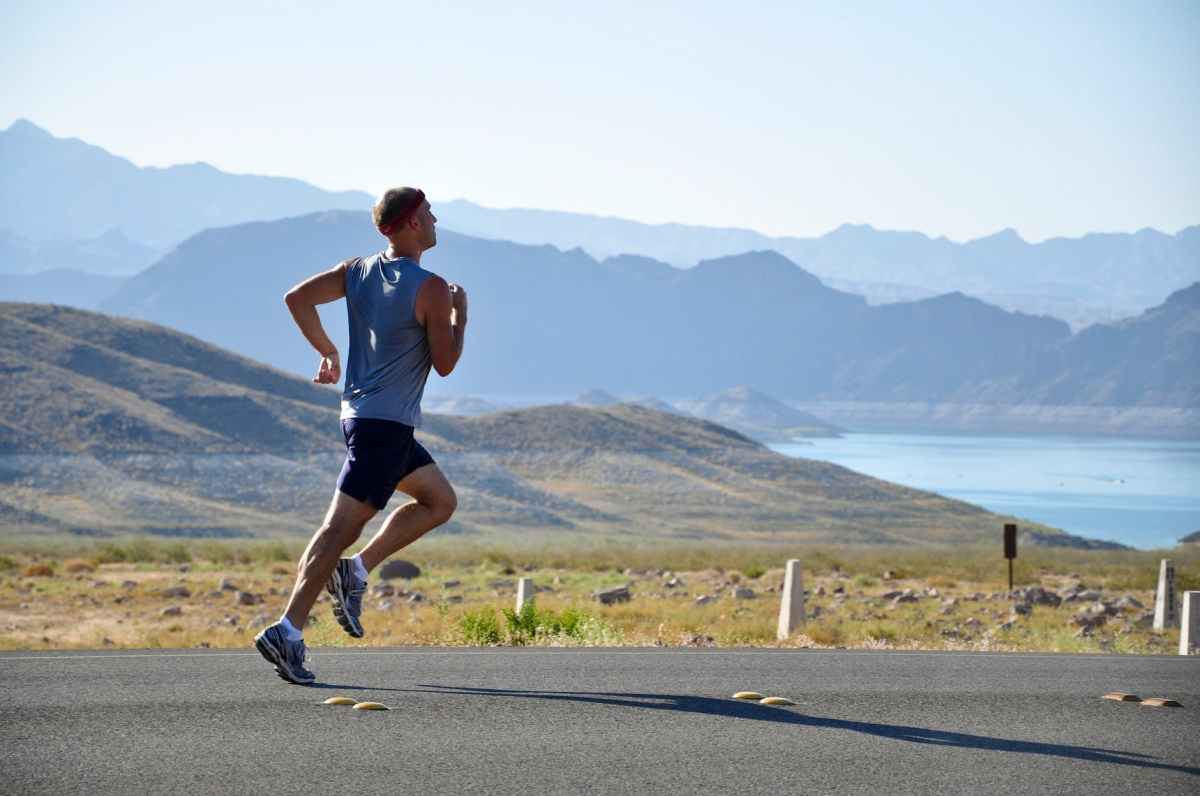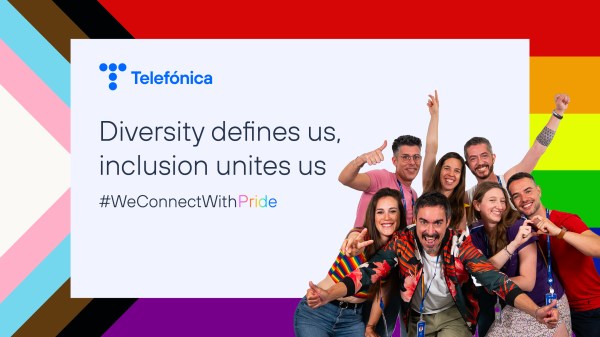If we introduce to this equation the variable of having any kind of functional diversity, it is a playing field where physical and mental limits are challenged, and where functional diversity finds fertile ground to flourish. In this journey towards overcoming, people with functional diversity have redefined the traditional narratives of sport, becoming true pioneers of resilience and athletic excellence. In this article, I explore in detail the myriad benefits that sport brings to those who defy expectations, challenging conventional notions of what is possible.
- Holistic physical development: The practice of adapted sport has become a driving force for holistic physical development in people with functional diversity. From water sports that promote endurance to specific disciplines that strengthen muscle groups, sport has proven to be a crucial ally in maintaining and improving physical health. The development of specific motor skills becomes a celebration of functional diversity and a tool to enhance mobility and autonomy.
- Empowerment through personal achievement: Sport for people with functional diversity is much more than physical exercise; it is a path to empowerment and personal achievement. Each milestone reached, whether it is a personal record or overcoming a physical challenge, becomes a victory that transcends conventional expectations. This empowerment not only influences the sporting arena, but filters into all aspects of daily life, fostering a mentality of resilience in the face of adversity.
- Positive impact on mental health: The connection between physical activity and mental health is well known, but in the context of functional diversity, this link becomes even more relevant. Sport becomes an antidote to depression and anxiety, providing a healthy outlet and a way to channel energy. The sense of achievement that accompanies each sporting victory contributes to improved self-esteem and self-perception.
- Inclusion and community building: Adapted sport acts as a catalyst for social inclusion and building strong communities. Through sports teams, events and competitions, people with functional diversity find a space where diversity is celebrated and stigmas are challenged. Building support networks within these communities becomes a crucial pillar for facing everyday challenges and sharing unique experiences.
- Transforming social perceptions: Participation in sport challenges and transforms social perceptions of functional diversity. Athletes with disabilities become role models, demonstrating that abilities and potential go beyond physical limitations. This change in narrative not only influences the sporting arena, but also has a positive impact on society at large, promoting equality and acceptance.
- Development of coping strategies: Practicing sport for people with functional diversity not only involves overcoming physical challenges, but also developing effective coping strategies. Real-time problem solving during a sport competition translates into transferable skills to tackle everyday challenges with creativity and determination.
- Encouraging self-expression and creativity: Sport is a form of self-expression, and in the case of people with functional diversity, it becomes a platform to demonstrate creativity and unique skills. From adapted sports such as wheelchair basketball to skiing for the visually impaired, sport is adapted to allow for self-expression and the manifestation of individual talents.
- Contribution to technological innovation: The world of adapted sport has been a significant driver of technological innovation. From specialised prostheses to wheelchairs designed for different sports, the need to adapt to diverse abilities has led to advances that benefit not only athletes, but the entire community of people with functional diversity.
- Fostering respect and empathy: Participation in adapted sport fosters respect and empathy. By witnessing the achievements and dedication of athletes with functional diversity, it promotes a deeper understanding of the unique abilities and challenges they face. This contributes to a more inclusive and aware society.
- Inspiration for future generations: Athletes with functional diversity become role models for future generations, inspiring people of all ages to pursue their dreams regardless of their circumstances. This inspiration is not only limited to the sporting arena, but extends to everyday life, encouraging people to face challenges with courage and determination.
In conclusion, sport for people with functional diversity is not only a physical activity; it is a manifestation of the human capacity to overcome limits and challenge pre-existing perceptions. From physical development to societal transformation, sport becomes a powerful means to unleash the unique potential that resides in every individual, regardless of functional limitations. Functional diversity, far from being a limitation, becomes an engine for innovation, inspiration and building strong and supportive communities. Let every sporting achievement be a reminder that true greatness knows no boundaries!







